
234 New Species Discovered in Mekong Highlight Urgent Conservation Need
WWF report highlights 234 new species discovered in the Greater Mekong region.

WWF report highlights 234 new species discovered in the Greater Mekong region.
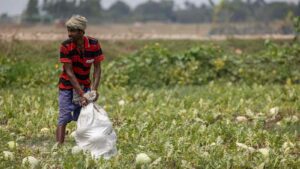
Faced with climate challenges and diminishing yields, many farmers in the Bangladesh’s southwestern coast region are returning to agriculture, prioritizing crop diversity and sustainable practices to combat soil salinity and adapt to a changing climate.
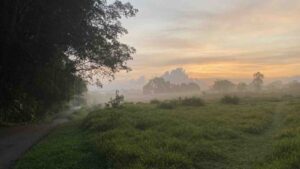
HDB has emphasized its intent to “develop the site sensitively,” opening public feedback forms from Nov. 13 to Dec. 10 for both the Sembawang and Woodlands sites.
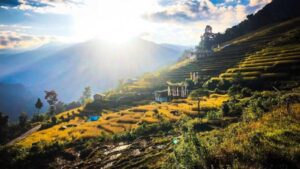
Declared organic in 2016, Sikkim’s transformation has won international acclaim, including the UN Food and Agriculture Organisation’s Future Policy Gold Award in 2018.
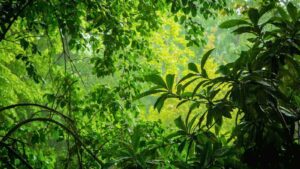
The Global Forest Watch (GFW), reveals a sobering trend: 3.7 million hectares of primary tropical forests were lost globally in 2023.
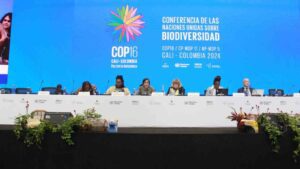
Despite significant steps forward on indigenous representation and a potential billion-dollar fund for biodiversity, the 16th Conservation of Parties (COP16) summit in Colombia concluded in discord. Developing countries left frustrated as rich nations failed to deliver on their funding promises.

The Biodiversity Jenga is sponsored by Chris Larsen and nonprofit SeaTrees, features 33 stacked blocks, each representing one of Colombia’s unique ecosystems.
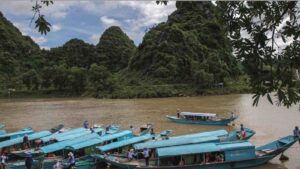
This report outlines the cascading environmental, social, and economic impacts of aquatic biodiversity loss in Southeast Asia and recommends ways to develop scalable projects that tackle river pollution and support sustainable development.
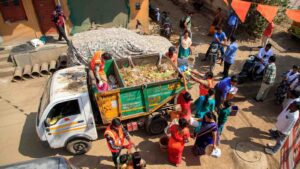
The Kham River Restoration Initiative, led by EcoSattva in partnership with Varroc Industries and the Aurangabad Municipal Corporation, is more than a river cleanup—it is a complete ecological and social transformation.